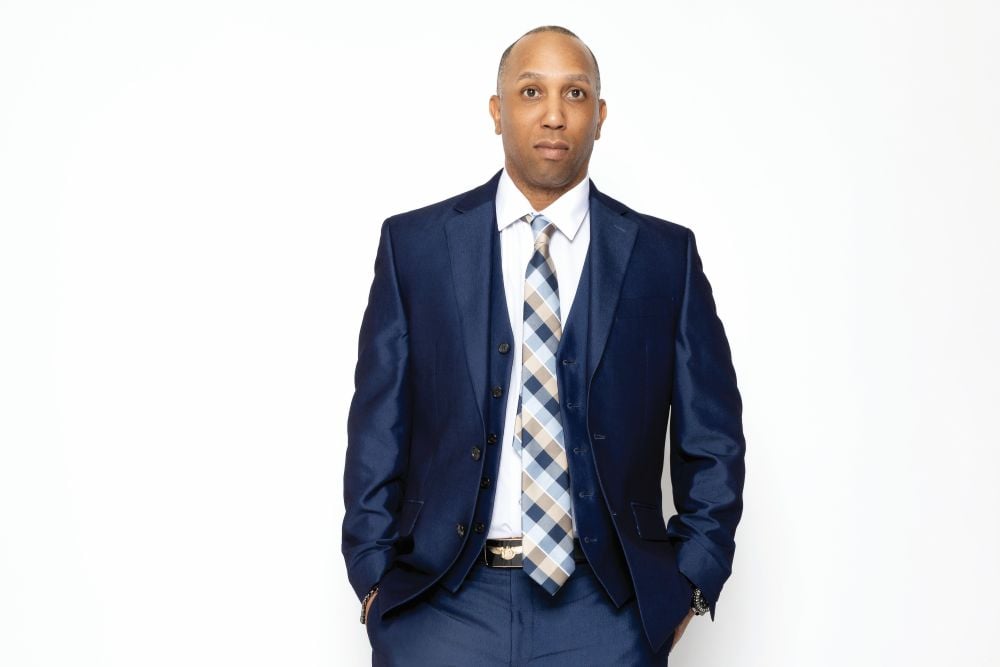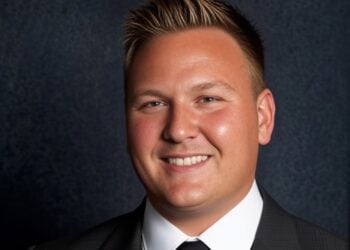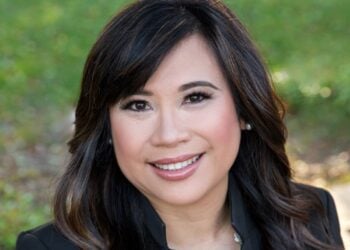We had the opportunity to sit down with international arbitrator and mediator Joseph George, partner at George & George ADR Group, where he has been practicing mediation for the past six years. He is a Florida Supreme Court certified appellate, circuit, and county mediator, a qualified arbitrator, and a certified hostage & crisis negotiator.
AALM: Let’s start at the beginning. What drew you to international arbitration and mediation?
JG: It was the complexity of cross-border disputes that first intrigued me. My early legal work involved multinational contracts and diplomatic negotiations, and I quickly realized that traditional litigation wasn’t always the best path forward. Arbitration and mediation offered a different kind of resolution, one that allowed for nuance, confidentiality and creativity. Over time, I came to value the role not just as a neutral decision-maker or facilitator, but as someone who can help shape stable outcomes in unstable environments.
AALM: What distinguishes international dispute resolution from domestic practice?
JG: Context. Every dispute carries layers – legal, commercial, cultural, and even historical. Domestic mediators might grapple with opposing counsel; international mediators must also navigate legal pluralism, translation, geopolitical undercurrents, and culturally grounded norms. In arbitration, you may be working under a treaty framework or a hybrid procedural system, which requires precision and adaptability.
AALM: How do you maintain neutrality in high-stakes, cross-cultural disputes?
JG: Neutrality isn’t passive, it’s an active discipline. I enter each matter with cultural humility and legal clarity, while remaining vigilant against my own unconscious bias. My role is to hold space for all perspectives without favoring any party, which requires preparation, emotional regulation, and a constant check-in with ethical boundaries. Trust is earned through consistency and respect for the process.
AALM: You’ve worked in regions with fragile political systems. How does that affect your approach?
JG: In fragile contexts, the dispute resolution process itself can be seen as political. My approach there is cautious but firm: structure is crucial. I ground everything in agreed-upon rules and do my best to protect procedural integrity. At the same time, I’m aware that outcomes have ripple effects, social, economic, and sometimes national. In those cases, quiet diplomacy is as important as formal sessions.
AALM: Can you share a moment in your career that deeply impacted you?
JG: A few years ago, I was mediating a commercial dispute between a state-owned company and a private logistics firm operating in post-conflict South Asia. The two sides hadn’t spoken directly in over a year. What changed everything wasn’t a legal breakthrough – it was a story. The company’s CEO shared a personal loss tied to the instability in the region. That moment of human connection opened the door to compromise. It reminded me that law can only carry resolution so far; empathy completes the journey.
AALM: What are the biggest misconceptions people have about international mediation or arbitration?
JG: That mediation is a soft skill, and arbitration is a courtroom in disguise. In truth, both require strategic thinking, rigorous legal understanding, and deep interpersonal insight. Another misconception is that international ADR is always faster or cheaper. Sometimes it is, but not without skilled case management and parties who are genuinely committed to the process.
AALM: How do you see artificial intelligence impacting the future of mediation and arbitration?
JG: Carefully and inevitably. AI is already changing how we prepare for proceedings through document review, case analysis, and even predictive modeling. In mediation, AI might assist in framing settlement options or tracking communication patterns. But we need to be cautious. Mediation is fundamentally human. While AI can help us understand data, it cannot replicate empathy, intuition or trust. My view is that AI should enhance, not replace, the craft of mediation. It’s a tool, not a decision-maker.
AALM: How do you adapt your style based on the case or parties involved?
JG: I’m adaptive by design. In mediation, I might be directive when parties need clarity, or facilitative when trust is the barrier. In arbitration, I vary my management style depending on whether it’s a construction case, an investment treaty dispute, or an intellectual property matter. What never changes is my commitment to fairness, efficiency and transparency.
AALM: What advice do you have for young professionals interested in international dispute resolution?
JG: Study people as much as you study the law. Take language classes. Travel. Intern with arbitral institutions or NGOs. Read outside your legal tradition. And most importantly, don’t chase prestige, chase preparation. Credibility is built through depth, not résumé lines.
AALM: What’s next for you?
JG: I’m currently developing a neutral capacity-building program for emerging mediators in conflict-prone regions, especially in Africa and Southeast Asia. We need more mediators who reflect the communities they serve, who bring not just legal skills but cultural wisdom. That’s where I believe the future of this field lies.








